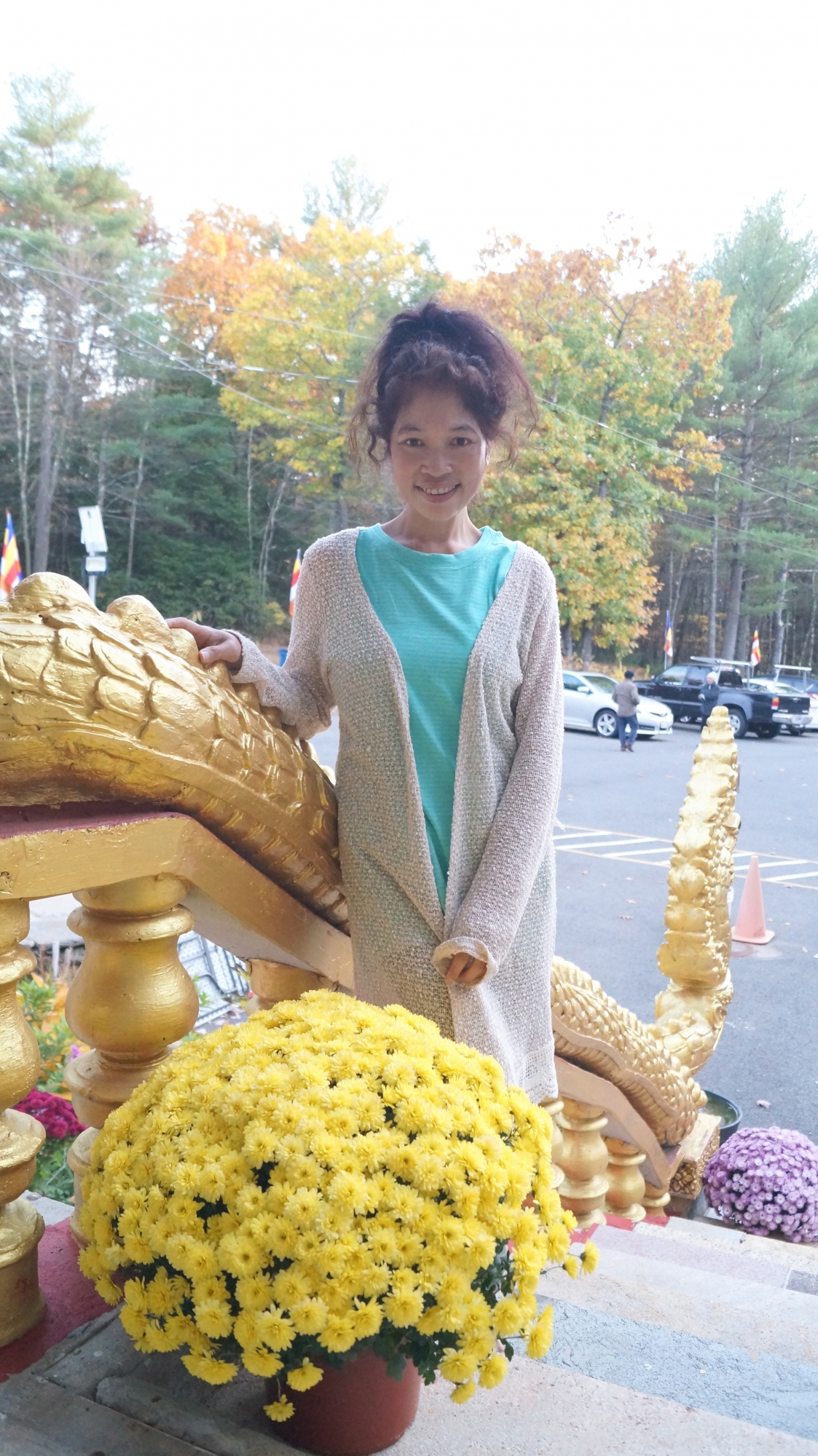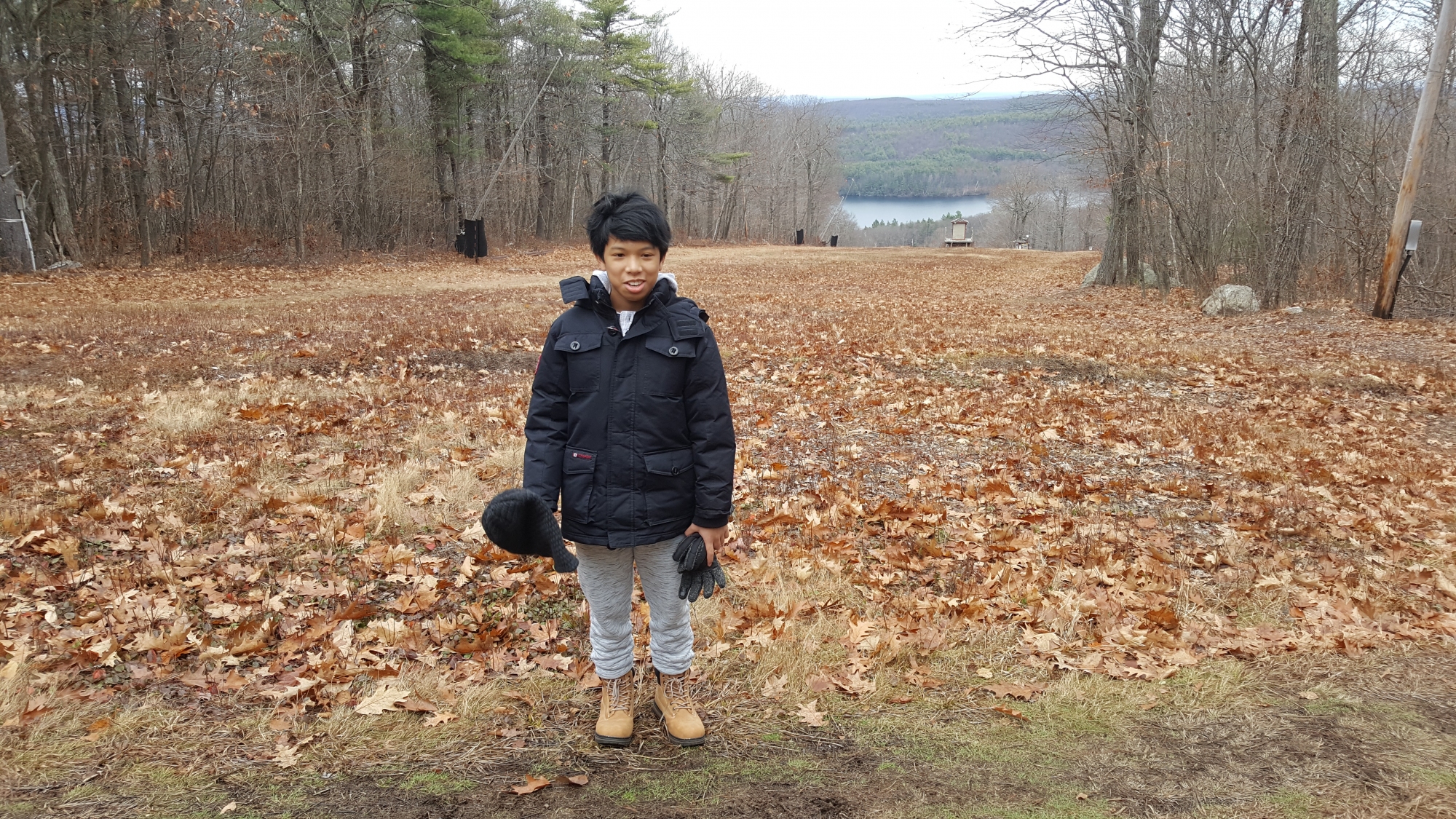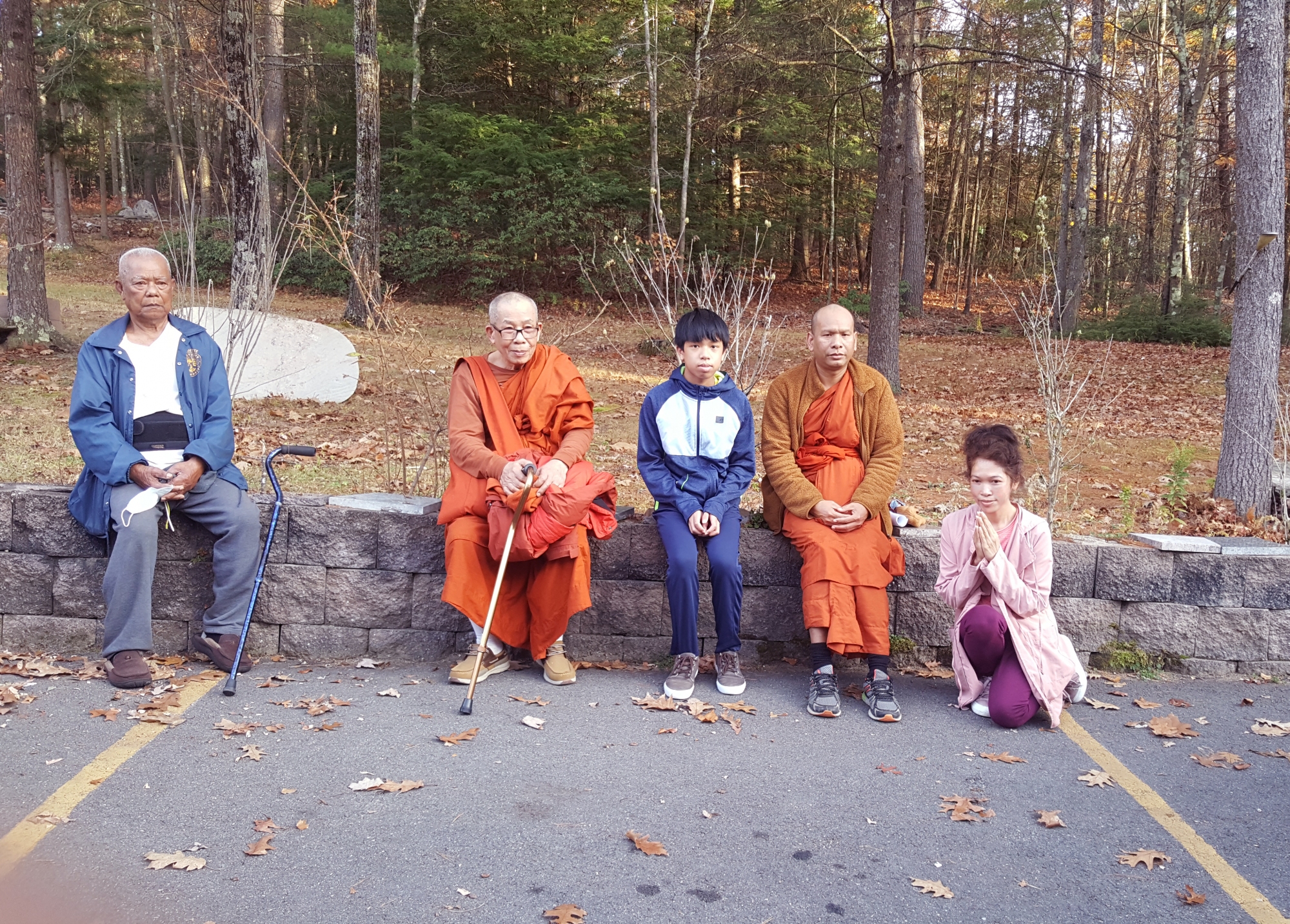Spiritual quotes for inner peace and wisdom
You have to grow from the inside out. None can teach you, none can make you spiritual. There is no other teacher but your own soul. — Swami Vivekananda
One of the most spiritual things you can do is embrace your humanity. Connect with those around you today. Say, “I love you”, “I’m sorry”, “I appreciate you”, “I’m proud of you”…whatever you’re feeling. Send random texts, write a cute note, embrace your truth and share it…cause a smile today for someone else…and give plenty of hugs. — Steve Maraboli
Maturity is the ability to think, speak and act your feelings within the bounds of dignity. The measure of your maturity is how spiritual you become during the midst of your frustrations. – Samuel Ullman
The spiritual life is not a life before, after, or beyond our everyday existence. No, the spiritual life can only be real when it is lived in the midst of the pains and joys of the here and now. – Henri Nouwen Continue reading
















